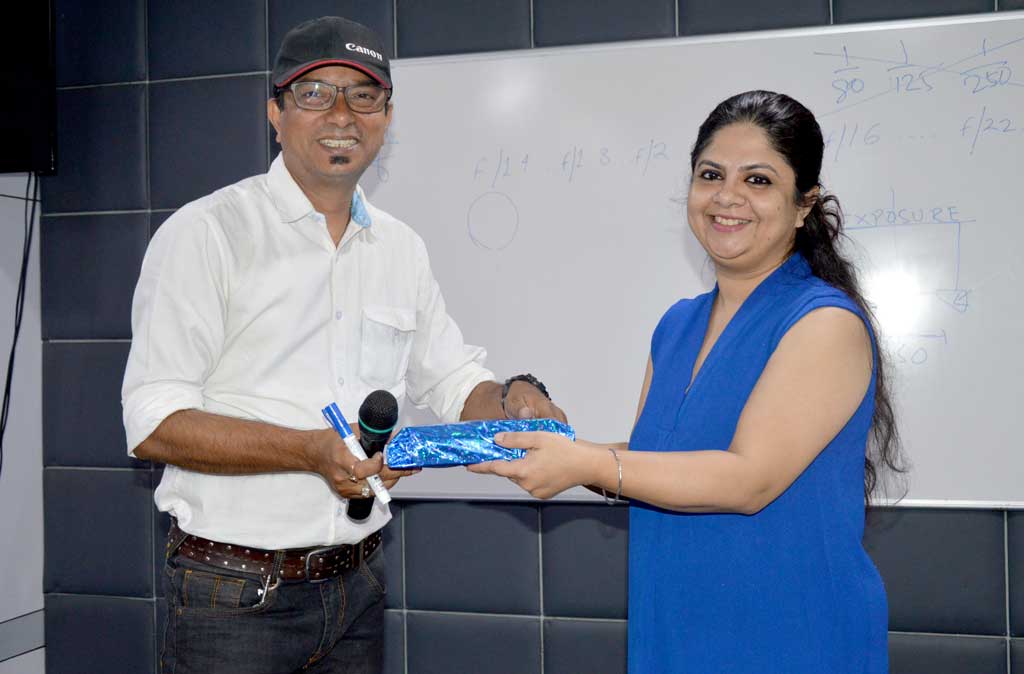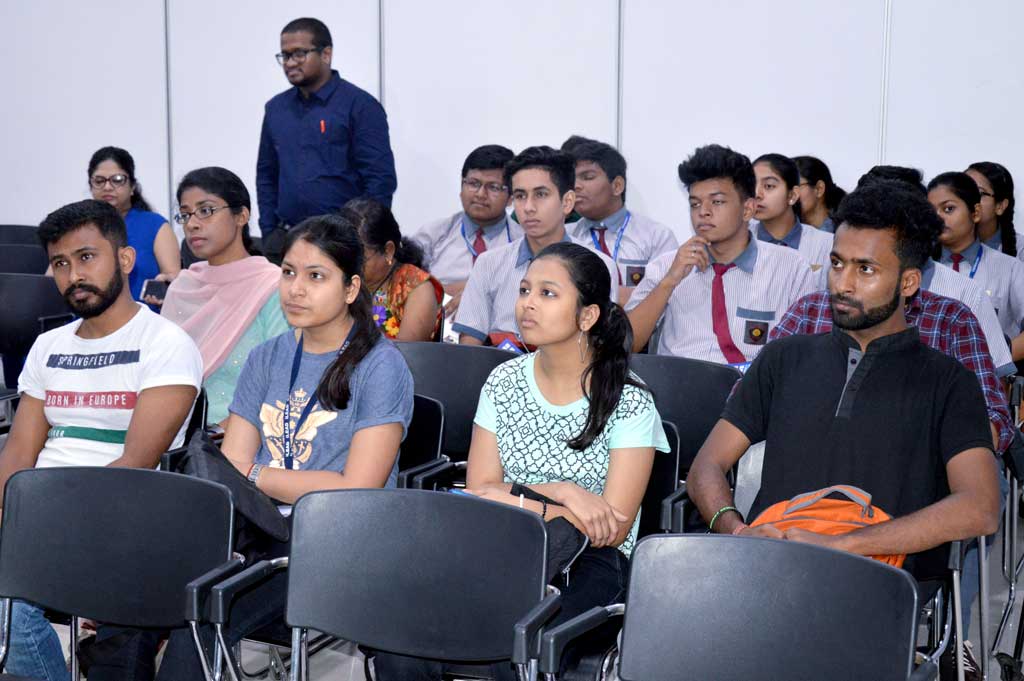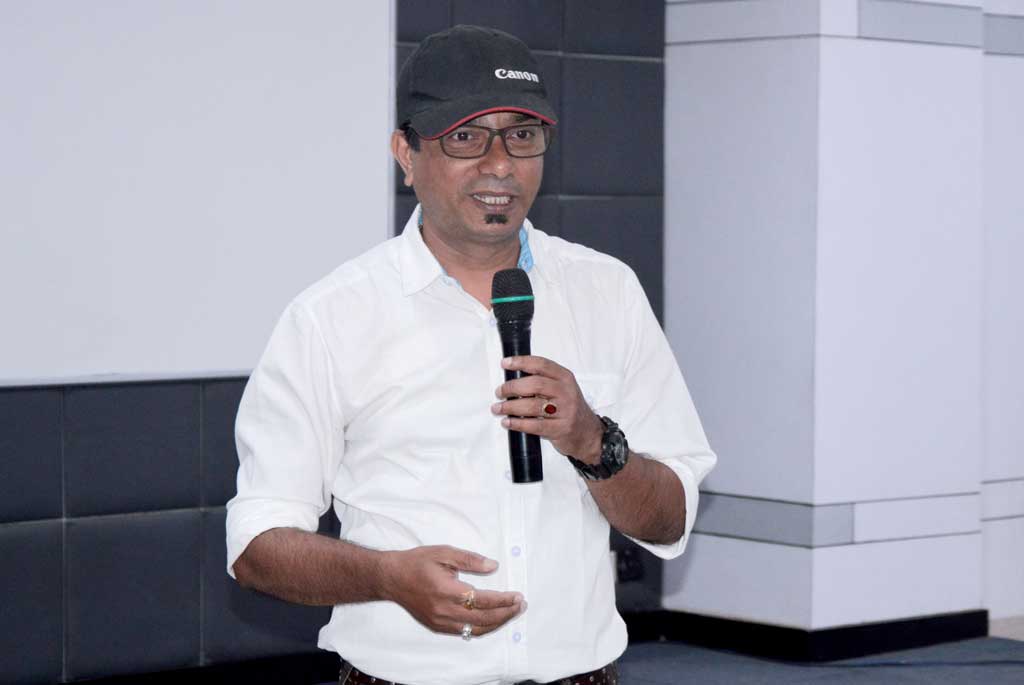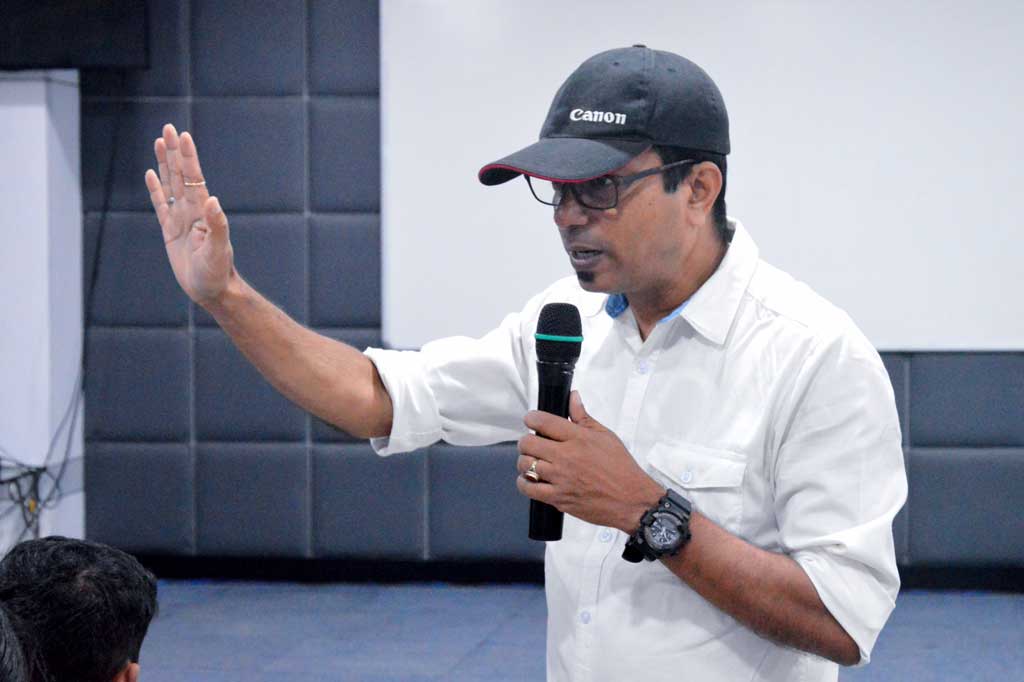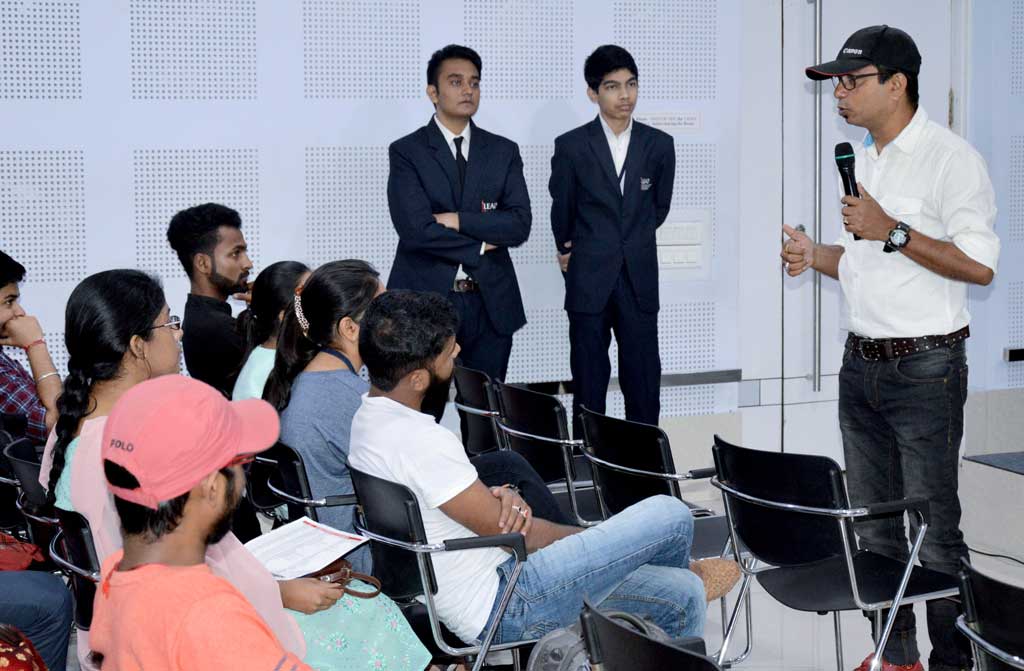
- About
-
Academics
School of Creativity
School of Business
School of Science & Technology
Academics
iLEAD Certification
- Admission
- Placements
- Infrastructure
- Events
- Alumni Connect

Orientation program on Photography by Anoop Guha
- Home
- Orientation program on Photography by Anoop Guha

